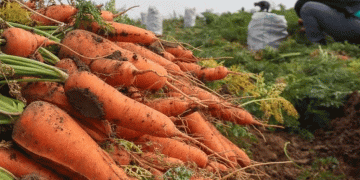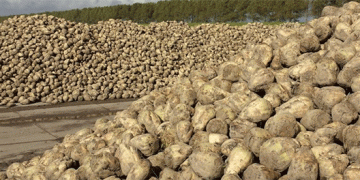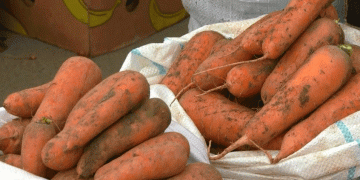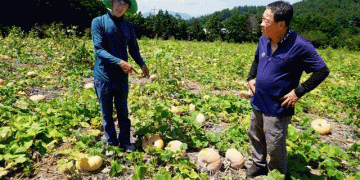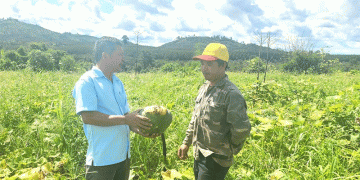In a landmark achievement for American agriculture, Fresno County, California, has claimed the national crown by generating a record $9.03 billion in agricultural sales. This figure, detailed in the county’s latest annual crop and livestock report, marks the first time any U.S. county has crossed the $9 billion threshold. The report highlights a powerful narrative of resilience and strategic advantage, as Fresno not only regained its status as the nation’s top agricultural county but also solidified its dominance in almonds and seized the top spot for pistachio production in California.
The 5.7% growth in crop value is particularly striking when contrasted with an 8% decline in gross receipts in neighboring Kern County. This outperformance was largely fueled by a dramatic late-season rebound in the nut sector. According to the report, the fruit and nut sector’s value surged by almost 19%. Almonds were a standout, with yields jumping 29% and production increasing over 21%. Critically, grower prices improved by more than 22% to an average of $1.99 per pound. This price recovery occurred despite a statewide trend of reduced almond acreage, with harvested acres down 5.8%—a dynamic that likely contributed to the price strength by tightening supply. Fresno’s almond crop alone accounts for nearly 19% of California’s total production, valued at over $1.4 billion.
The county’s success, however, is not built on a single commodity. As Ryan Jacobsen, Fresno County Farm Bureau CEO, emphasized, “Fresno County is the food capital of the nation.” This is backed by data showing California grows more than a third of the country’s vegetables and three-quarters of its fruits and nuts, with Fresno as a primary contributor. The county is one of the few that produces all three types of grapes—raisin, wine, and table—with grape farmers grossing over $1 billion despite declining acreage.
The Ripple Effect: Agriculture’s Economic Engine
The true impact of this agricultural output is revealed in a separate economic report, which found that commercial agriculture contributed over $21.6 billion to the county’s economy from the $8.5 billion farm gate value. This multiplier effect underscores that on-farm sales are just the beginning. The sector directly employs over 63,000 people and supports an additional 44,932 jobs through indirect and induced effects, meaning roughly one in nine jobs in Fresno County is attributable to farming. This data provides a powerful counter-narrative to urban-centric economic development. As newly elected Supervisor Luis Chavez noted, the staggering figures are “confirmation that we should be having more processing plants here. We should have more of an agricultural support base for our economy.”
Fresno County’s record-breaking year is a masterclass in agricultural resilience and economic strategy. It demonstrates that success lies not in abandoning core strengths, but in leveraging them through diversification, value-added processing, and embracing high-value specialty crops. The powerful rebound in the nut sector, coupled with the immense economic multiplier effect, proves that strategic investment in agriculture yields dividends across the entire economy. For farmers, agronomists, and policymakers worldwide, Fresno’s story is a compelling argument for building economies from the ground up, based on regional agricultural advantages rather than chasing fleeting industrial trends.

















